#African instruments
Explore tagged Tumblr posts
Text
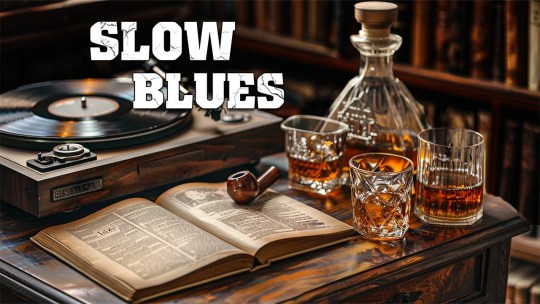
Blues has evolved from the unaccompanied vocal music and oral traditions of slaves imported from West Africa and rural Africans into a wide variety of styles and subgenres, with regional variations across the United States. Although blues (as it is now known) can be seen as a musical style based on both European harmonic structure and the African call-and-response tradition that transformed into an interplay of voice and guitar, the blues form itself bears no resemblance to the melodic styles of the West African griots. Additionally, there are theories that the four-beats-per-measure structure of the blues might have its origins in the Native American tradition of pow wow drumming. Some scholars identify strong influences on the blues from the melodic structures of certain West African musical styles of the savanna and sahel. Lucy Durran finds similarities with the melodies of the Bambara people, and to a lesser degree, the Soninke people and Wolof people, but not as much of the Mandinka people. Gerard Kubik finds similarities to the melodic styles of both the west African savanna and central Africa, both of which were sources of enslaved people.

No specific African musical form can be identified as the single direct ancestor of the blues. However the call-and-response format can be traced back to the music of Africa. That blue notes predate their use in blues and have an African origin is attested to by "A Negro Love Song", by the English composer Samuel Coleridge-Taylor, from his African Suite for Piano, written in 1898, which contains blue third and seventh notes.

The Diddley bow (a homemade one-stringed instrument found in parts of the American South sometimes referred to as a jitterbug or a one-string in the early twentieth century) and the banjo are African-derived instruments that may have helped in the transfer of African performance techniques into the early blues instrumental vocabulary. The banjo seems to be directly imported from West African music. It is similar to the musical instrument that griots and other Africans such as the Igbo played (called halam or akonting by African peoples such as the Wolof, Fula and Mandinka). However, in the 1920s, when country blues began to be recorded, the use of the banjo in blues music was quite marginal and limited to individuals such as Papa Charlie Jackson and later Gus Cannon.
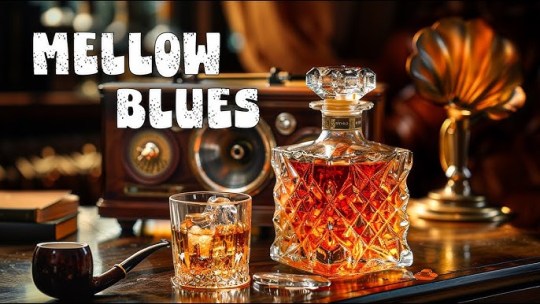
Blues music also adopted elements from the "Ethiopian airs", minstrel shows and Negro spirituals, including instrumental and harmonic accompaniment. The style also was closely related to ragtime, which developed at about the same time, though the blues better preserved "the original melodic patterns of African music"

#african#igbo#afrakan#kemetic dreams#brownskin#africans#afrakans#african culture#brown skin#igbo culture#igbos#nigeria#igboland#Ethiopian airs#African music#Negro spirituals#wolof#fula#mandinka#banjo#african instruments#halam#akonting#jitterbug#Papa Charlie Jackson#ragtime#harmonic structure#harmony#afrakan spirituality#Bambara people
30 notes
·
View notes
Text
Mamamuso
youtube
1 note
·
View note
Text
824 notes
·
View notes
Text
That's African
#black history#country music#beyonce#black people#black excellence#black women#black music#black inventors#african#african culture#africa#music#black culture#stay mad#black pride#black inventions#instruments#musical instruments#percussion#guitars#cowboy carter
100 notes
·
View notes
Text
60's/70's
Immerse yourself in the rhythms of Saudades De Luanda by Os Kiezos (featured on the Soul of Angola compilation), an evocative instrumental with rich cultural heritage and lively grooves.
#Os Kiezos#Folk#World music#semba#rumba#African rumba#African#Africa#Angola#Angolese#60s#1960s#70s#1970s#My file#music#instrumental
26 notes
·
View notes
Text
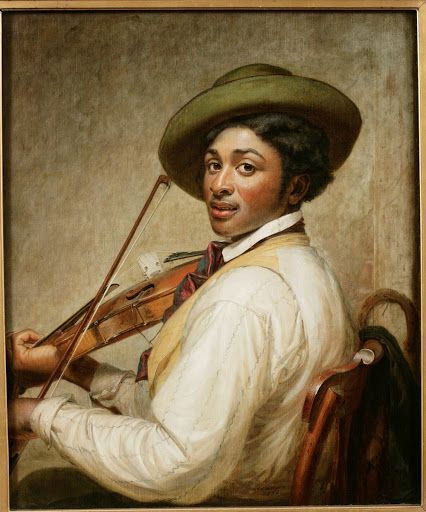
William Sidney Mount (1807-1868) "Right and Left" (1850) Oil on canvas
#paintings#art#artwork#genre painting#male portrait#william sidney mount#oil on canvas#fine art#portrait of a man#musician#musical instruments#instrument#clothing#clothes#african american#1850s#mid 1800s#mid 19th century
115 notes
·
View notes
Text
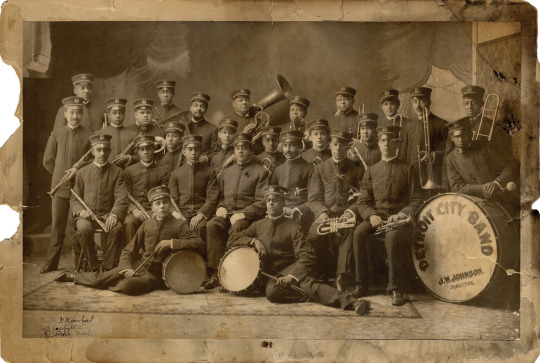
Group portrait of musicians in the Detroit City Band. Musicians pose with musical instruments. "Detroit City Band, J.W. Johnson, director" is printed on bass drum in foreground. Handwritten on back: "Detroit City Band, 1908."
E. Azalia Hackley Collection of African Americans in the Performing Arts, Detroit Public Library
#detroit city band#detroit#music#detroit history#johnson#musical instruments#band#bands#african american history#1908#detroit public library
54 notes
·
View notes
Text
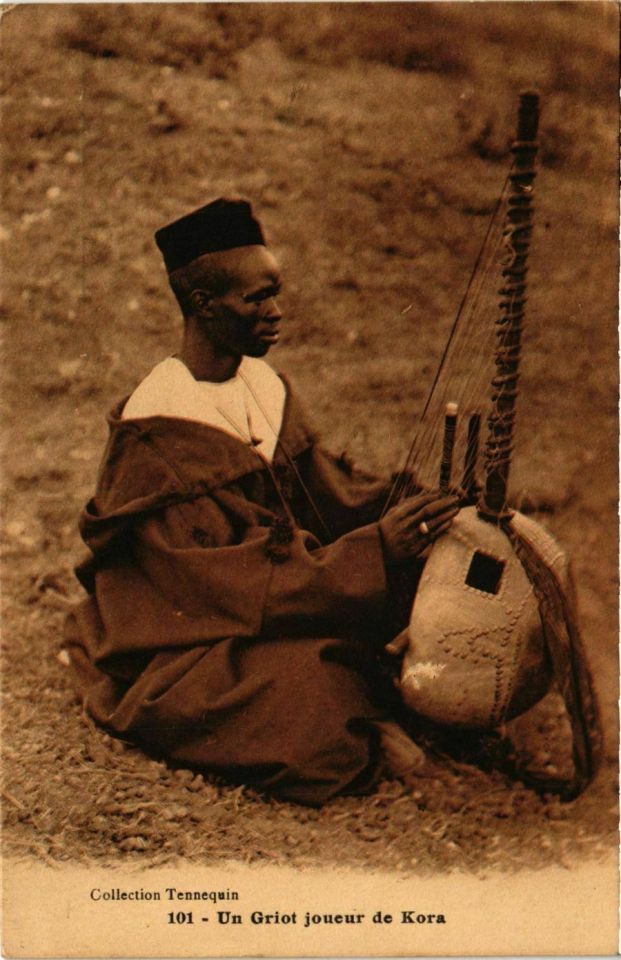
A griot, West African historian, storyteller, praise singer, poet, and musician playing on Kora instrument
French vintage postcard
#vintage#tarjeta#historian#briefkaart#instrument#west#postcard#photography#poet#postal#carte postale#playing#west african#sepia#ephemera#singer#musician#african#historic#praise#french#ansichtskarte#kora#postkarte#storyteller#griot#postkaart#photo
34 notes
·
View notes
Text
youtube
African Bossa Nova - Ahmed Abdul-Malik (Sounds Of Africa, 1963)
#Soul#Soul Music#Soul Music Songs#Music#Music Songs#Ahmed Abdul-Malik#Instrumental#Soul Jazz#RCA Victor#New Jazz#1963#Sounds Of Africa#Jazz#African Bossa Nova#Youtube
46 notes
·
View notes
Text
Two griots playing koras, Senegal, c. 1900

#music history#musical instruments#traditional music#kora#photography#black and white photography#african music#Senegal#circa 1900
8 notes
·
View notes
Text









🌍 Many modern instruments trace their roots back to ancient African traditions. From the pulsating rhythms of the djembe to the ethereal melodies of the kora, African music has influenced and laid the foundation for countless instruments we use.
Today, we explore the diverse sounds of Africa, from South to West, Central to East. 🥁🎸
📍Southern African Instruments
🎶 Uhadi: A traditional 🇿🇦Xhosa musical bow with a resonator, played with percussive strokes.
📍Western African Instruments
🥁 Djembe: A goblet-shaped drum from the Mandinka people, with roots in the 12th-century 🇲🇱Mali Empire.
📍Central African Instruments
🎶 Kisanji: A pentatonic-tuned instrument from the 🇨🇩DRC, often played with polyrhythms.
🎶 Adungu: A 9-stringed harp from 🇺🇬Uganda, played in nightclubs or as therapy.
📍East African Instruments
🎶 Washint: An 🇪🇹Ethiopian flute, known for its melismatic style.
🎶 Orutu: A single-stringed fiddle from 🇰🇪Kenya, popular among the Luo people.

#africa #africanmusic #amplifyafrica #kenyamusic #kenya #uganda #xhosa #congo #ethopian #mali
#african#afrakan#kemetic dreams#africans#afrakans#african culture#African instruments#african history
12 notes
·
View notes
Text
I made an exterminator OC!! Based on a fun little "Choose Your Adventure" TikTok by this user here! Go check it out, and perhaps make your own OC(s) based on it!

Her name is Kora, as y'all can see, basically a play on Lute's name being that of an instrument as well. In honor of African American History Month, I implore you to go research a kora! Anywho, I don't think I consider this OC a serious one, mostly made for the sake of the challenge alone. Nevertheless, she's here, she's fierce, and she was... very time-consuming to draw, much to my irritation!
#hazbin hotel#hazbin#hh#HH#hh adam#hh lute#adam hazbin hotel#lute hazbin hotel#hh OC#hazbin hotel oc#hazbin oc#OC#OC art#hazbin hotel oc ideas#oc ideas#african american history month#african american#african american history#kora instrument
17 notes
·
View notes
Text
Balaphone Solo By Master Griot Famoro Dioubate
youtube
0 notes
Text
NEW ALBUM STREAMING NOW!!!

Crumbs (ፍርፋሪ) is the latest album from Ethiopian experimental world/hip hop/ethnojazz artist Kamlak Bmbo, released June 14, 2024.
Listen to the full album now:
youtube
#hip hop#hip hop beats#beats#jazz#ethnojazz#african music#electronic music#experimental hip hop#instrumental hip hop#ethiopian music#heritage harmony records#Youtube
2 notes
·
View notes
Text
youtube
#music#instruments#bukkehorn#lur#seljefløyte#basically the s. african equivalents would be phalaphala icilongo and umtshingo#with some major asterisks. ''equivalent'' is doing some work but like.... they are more similar than they are different#also norwegian just feels like a language i can understand because it's so obviously germanic#but then when i stop focusing on the subtitles i really don't get much at all#Youtube
2 notes
·
View notes
Text
70's
Captivating chaabi instrumental.
Chaabi (شعبي in Arabic), also known as Chaâbi, Sha-bii, or Sha'bii meaning "folk", refers to different music genres in North Africa such as Algerian chaabi, Moroccan chaabi and Egyptian Shaabi.
Source : https://en.wikipedia.org/wiki/Chaabi
#Abdou El Omari#عبده العماري#Folk#Chaabi#Morocco#Moroccan#Africa#North Africa#African#Organ#Instrumental#1970s#70s#music#Bandcamp#Wikipedia
19 notes
·
View notes